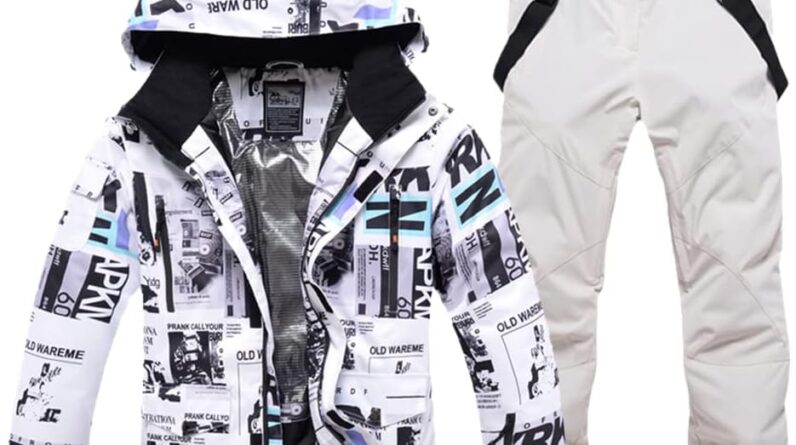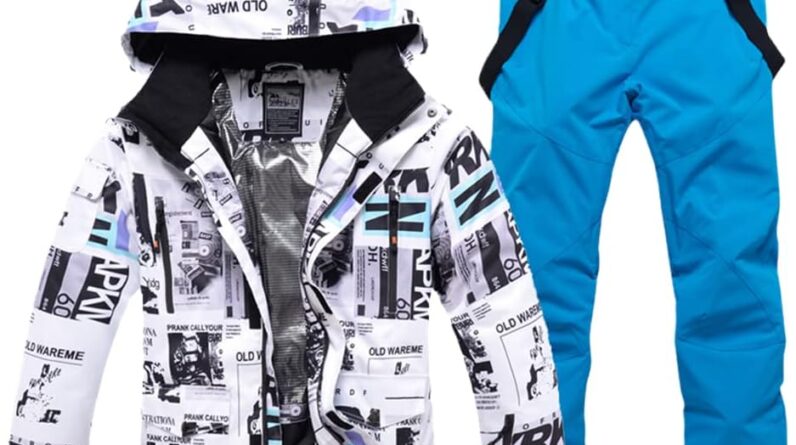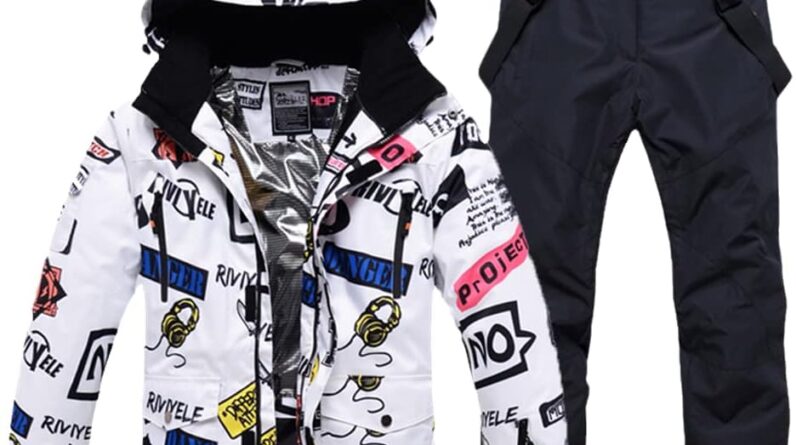
If you’re a passionate surfer or a beginner looking to hit the waves, selecting the perfect surfboard traction pad is crucial. This guide will provide you with all the essential information you need to make the right choice. From determining the right size to finding the style that suits your surfing style, we’ve got you covered. So, whether you’re a seasoned pro or just starting out, let’s dive into the world of surfboard traction pads and find the perfect one for you.

This image is property of cdn.shopify.com.
Factors to Consider
When it comes to selecting the perfect surfboard traction pad, there are several factors you should consider. Each factor plays a crucial role in determining the overall performance and comfort of your surfing experience. From your surfing style to the price range you are willing to invest, let’s dive into each factor to help you make an informed decision.
Surfing Style
Understanding your surfing style is the first step in choosing the right surfboard traction pad. The surfing style will determine the type of surfboard you use, which in turn affects the type of traction pad you need. Here are the main surfing styles to consider:
Shortboard
If you are an experienced surfer who enjoys maneuverability and high-performance surfing, a shortboard is the way to go. Shortboards are known for their speed, responsiveness, and the ability to perform advanced tricks and turns. When selecting a traction pad for a shortboard, you’ll want one that provides excellent grip and control.
Longboard
Longboards are perfect for those who prefer a more classic, laid-back surfing experience. These boards are larger, offering stability and ease of catching waves. When choosing a traction pad for a longboard, consider one that provides ample coverage and stability as you walk and perform footwork on the board.
Fish Board
Fish boards are characterized by their wide, stubby shape and twin fins. They are ideal for riders looking for a combination of speed and maneuverability. The traction pad for a fish board should have a design that accommodates the wider tail and provides optimal grip for quick turns.
Hybrid
Hybrid boards combine the best aspects of both shortboards and longboards. They offer the speed and maneuverability of a shortboard with the stability and ease of a longboard. When choosing a traction pad for a hybrid board, consider one that caters to both styles of surfing and provides a good balance of grip and stability.
Funboard
Funboards, as the name suggests, are designed for maximum fun in the water. They strike a balance between shortboards and longboards, providing stability and maneuverability. When selecting a traction pad for a funboard, look for one that offers a good grip and coverage, allowing you to comfortably transition between different maneuvers.
Performance
Performance boards are designed for advanced surfers who are looking to push their limits and enhance their skills. These boards are highly responsive and offer excellent speed and maneuverability. The traction pad for a performance board should provide a secure grip and allow for quick and precise foot movements.
Board Size and Shape
Once you’ve determined your surfing style, it’s important to consider the size and shape of your surfboard. These factors greatly influence your surfing experience and will help you choose the right traction pad. Here are the main aspects to consider:
Length
The length of your surfboard plays a crucial role in determining its overall performance. Longer boards provide more stability and are easier to paddle, making them ideal for beginners. Shorter boards, on the other hand, offer increased maneuverability but may require more skill to ride effectively.
Width
The width of your surfboard affects its stability and buoyancy. Wider boards are generally more stable, making them a great choice for beginners or those looking for a relaxed surfing experience. Narrower boards offer increased maneuverability, allowing for quick turns and advanced tricks.
Thickness
The thickness of your surfboard determines its buoyancy and ability to float on the water. Thicker boards are more buoyant and easier to paddle, making them suitable for beginners or surfers who enjoy smaller waves. Thinner boards offer more control and responsiveness, which is beneficial for experienced surfers tackling larger waves.
Nose and Tail Shape
The shape of the nose and tail of your surfboard greatly affects its maneuverability and performance. Different nose and tail shapes are suited for specific wave conditions and styles of surfing. For example, a rounded nose provides better control in steeper waves, while a pointed nose is better for larger, powerful waves.
Rockers
The rocker refers to the curvature of the bottom of a surfboard. It determines how much the board bends from nose to tail. More rocker offers better maneuverability and control in steep waves, while less rocker provides better speed and stability on larger, flatter waves.
Volume
The volume of a surfboard is a measure of how much flotation it provides. It is determined by the length, width, and thickness of the board. Higher volume boards are more buoyant and easier to paddle, making them suitable for beginners or surfers who prefer smaller waves. Lower volume boards are more responsive and offer greater maneuverability, suited for experienced surfers and larger waves.
Grip
The grip of a surfboard traction pad is essential for maintaining control and stability while riding the waves. It is important to choose a traction pad that suits your personal preference and surfing style. Here are some common grip patterns to consider:
Diamond Pattern
The diamond pattern grip is a classic choice for surfers of all skill levels. Its raised diamond-shaped grooves provide excellent traction and grip, ensuring your feet stay firmly planted on the board.
Square Pattern
The square pattern grip offers a unique design with square-shaped grooves. This pattern provides good grip and a comfortable feel underfoot, allowing for precise foot placement.
Dot Pattern
The dot pattern grip features small dots arranged in a grid-like pattern. It offers a subtly textured surface that provides traction without causing discomfort or irritation to your feet.
Smooth Pattern
The smooth pattern grip offers a sleek, minimalistic design. It has a smooth texture that provides traction without the raised patterns found in other grip styles.

This image is property of surflearner.com.
Material
The material of your surfboard traction pad greatly influences its durability, comfort, and performance. Here are some common materials used in traction pads:
EVA Foam
EVA foam is the most popular material used in surfboard traction pads. It is lightweight, durable, and provides excellent grip. EVA foam is also known for its shock-absorbing properties, offering cushioning and comfort during long surf sessions.
Cork
Cork traction pads are gaining popularity for their eco-friendly and sustainable attributes. Cork is a natural material that provides good grip, durability, and a unique aesthetic. It is also water-resistant and lightweight, making it a great choice for environmentally-conscious surfers.
Triton
Triton is a premium material used in high-end surfboard traction pads. It is known for its exceptional grip, durability, and resistance to wear and tear. Triton traction pads provide a superior level of performance and comfort for advanced surfers.
Diamond Grip
Diamond grip is a specialized material that offers a unique texture and grip. It features diamond-shaped grooves that enhance traction and provide a comfortable feel underfoot. Diamond grip traction pads are often favored by professional surfers for their performance-enhancing qualities.
Micro-dot
Micro-dot traction pads are designed to provide maximum grip with minimal material. They feature tiny dots arranged in a pattern that allows for precise foot placement and exceptional traction. Micro-dot pads are popular among surfers who prefer a minimalist design and enhanced board feel.
Design
The design of your surfboard traction pad is a personal preference and can add a touch of style to your surfboard. From solid colors to custom designs, here are some design options to consider:
Solid Color
A solid-color traction pad offers a clean and simple look. Whether you prefer a classic black or white, or a vibrant color that stands out, a solid-color pad can complement any surfboard and personal style.
Patterned
Patterned traction pads come in a variety of designs, such as stripes, geometric shapes, or tropical prints. These pads add a unique and eye-catching element to your surfboard, showcasing your individuality and personality.
Logo
Many surfboard brands offer traction pads with their logo printed on them. This adds a professional touch and allows you to represent your favorite surf brand while riding the waves.
Custom Design
For those looking for a truly unique and personalized touch, consider opting for a custom-designed traction pad. Some companies offer the option to create a custom design, allowing you to add your own artwork, graphics, or even your name to the traction pad.

This image is property of www.boardcave.com.au.
Color
The color of your surfboard traction pad is another aspect to consider. While it may not affect the performance, it can certainly add to the overall aesthetics of your board. Here are some popular color options to choose from:
Black
Black is a timeless color that exudes a sleek and classic look. A black traction pad can match any surfboard and is a popular choice among surfers.
White
White is another versatile color that complements any surfboard. It offers a clean and fresh look, and it is less likely to absorb heat during sunny surf sessions.
Clear
Clear traction pads are transparent and allow the natural color and design of your surfboard to shine through. This minimalist option is ideal for those who want a subtle grip without altering the overall look of their board.
Gray
Gray is a versatile and neutral color that can complement a wide range of surfboard colors and designs. It offers a sophisticated and understated look.
Blue
Blue is a popular color choice among surfers, as it represents the ocean and the waves they love to ride. Whether it’s a bright, vibrant blue or a calming, ocean-inspired shade, a blue traction pad adds a touch of serenity to your board.
Green
Green is another color often associated with nature and the ocean. From vibrant lime green to deep emerald, a green traction pad can add a pop of color and a sense of freshness to your surfboard.
Red
Red is a bold and energetic color that commands attention. It is a popular choice for surfers who want to make a statement and stand out on the waves.
Purple
Purple is a color often associated with creativity and individuality. It adds a unique and vibrant touch to your surfboard, showcasing your personality and style.
Pink
Pink is a playful and feminine color that adds a fun and lighthearted vibe to your surfboard. Whether it’s a soft pastel pink or a bright fuchsia, a pink traction pad is a great choice for those who want to express their unique style.
Yellow
Yellow is a cheerful and vibrant color that exudes positivity and happiness. It adds a sunny and playful touch to your surfboard, making it stand out on the waves.
Orange
Orange is an energetic and lively color that captures the essence of sunsets and tropical vibes. An orange traction pad adds a touch of warmth and excitement to your surfboard.
Brown
Brown is a natural and earthy color that creates a warm and rustic look. It complements wooden surfboards beautifully, adding a touch of nature-inspired elegance.
Padding
The padding of a surfboard traction pad affects the comfort and protection it provides to your feet. The level of padding you choose depends on personal preference and the type of surfing you enjoy. Here are the main options to consider:
Standard
Standard padding provides a balance between cushioning and responsiveness. It offers enough comfort to prevent fatigue during long surf sessions while still allowing for good board feel and control.
Thick
Thick padding offers maximum cushioning and shock absorption. It is ideal for surfers who prefer a plush and comfortable feel underfoot, providing added protection during high-impact maneuvers or when riding larger waves.
Thin
Thin padding offers a minimalist design with minimal cushioning. It provides a firm and direct connection to the board, allowing for precise foot movements and enhanced control. Thin padding is popular among experienced surfers who prioritize board feel and responsiveness.

This image is property of reefbreak.net.
Kicktail
The kicktail of a surfboard traction pad refers to the raised portion at the rear end of the pad. It allows for better control and leverage when performing maneuvers that involve the back foot. Here are some aspects to consider when choosing a kicktail:
Size
The size of the kicktail determines the amount of leverage and control it provides. Larger kicktails offer more surface area for your back foot, allowing for greater control when performing maneuvers. Smaller kicktails provide a more subtle platform, offering a balance between control and board feel.
Strength
The strength of the kicktail is important for durability and longevity. A strong kicktail will withstand the pressure and impact of your foot and last longer, ensuring it does not lose its shape or grip over time.
Shape
The shape of the kicktail can vary, with options such as rounded, squared, or pointed. Each shape offers a different feel and control, so consider what you prefer based on your surfing style and the type of maneuvers you frequently perform.
Brand
Choosing a reputable and trusted brand for your surfboard traction pad is essential for quality, durability, and performance. Established brands have a reputation to uphold and often invest in research and development to create high-quality products. Look for brands that have positive customer reviews and a track record of producing reliable and innovative surf accessories.

This image is property of lanzasurf.com.
Price
The price of a surfboard traction pad can vary depending on various factors such as brand, materials used, and design. It’s important to set a budget range that you are comfortable with, keeping in mind that higher-priced traction pads often offer superior quality, durability, and performance. However, there are also budget-friendly options available that provide good performance and value for money. Consider your needs and preferences when determining the price range that suits you best.
Choosing the right size and style of surfboard traction pad is a personal decision that depends on your surfing style, board size and shape, grip preference, material choice, design and color preference, padding, kicktail options, brand reliability, and price range. By considering each of these factors, you can make an informed decision to enhance your surfing experience and get the most out of your traction pad. Remember to try different options and consult with fellow surfers or experts for additional advice to ensure you find the perfect surfboard traction pad that suits your needs and preferences. Happy surfing!






